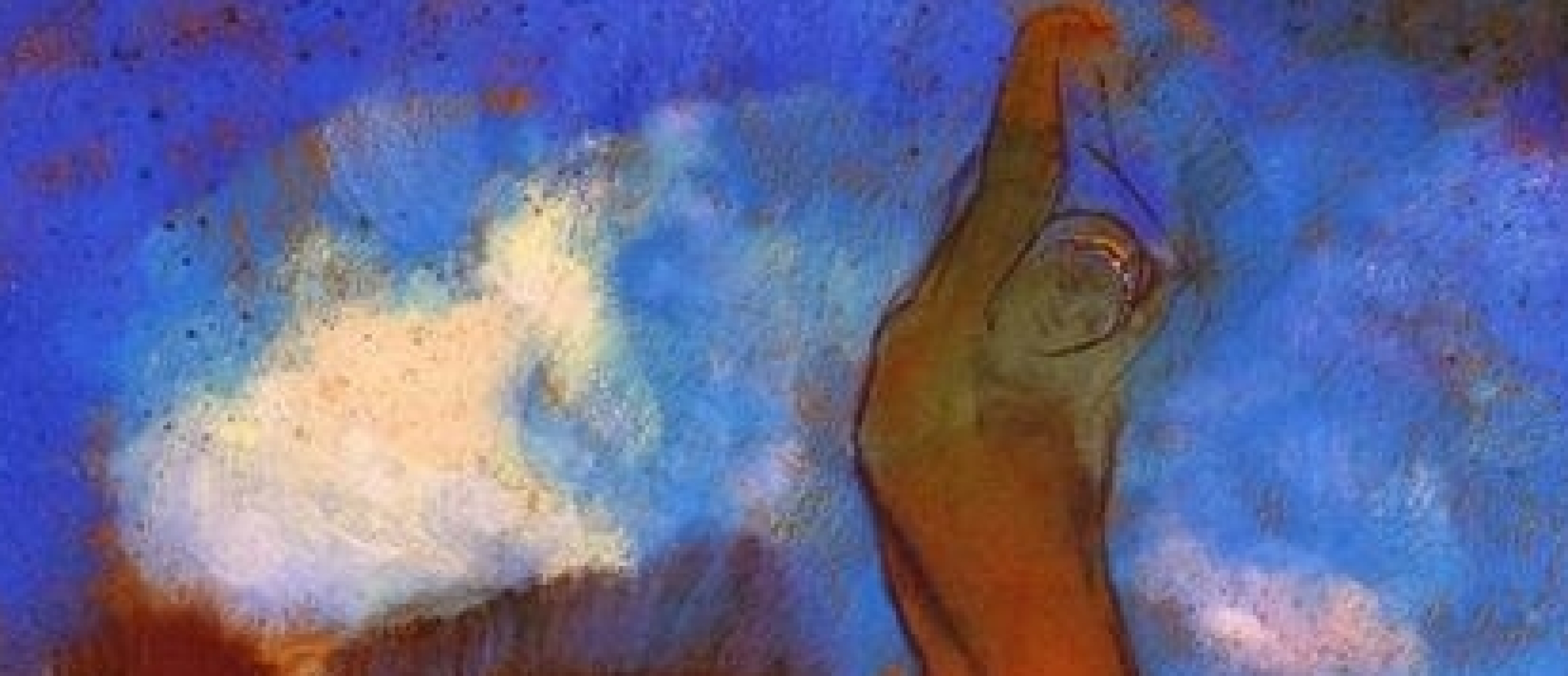
"My drawings inspire and are not to be defined. They place us, as does music, in the ambiguous realm of the undetermined" (Wikipedia.org). These words belong to one of our favorite painters, a precursor to dadaism and surrealism, Odilon Redon. His works, praised by Andre Breton, range from dark and depressive nightmares to colorful visions of gods and heroes. The fact that Redon owned his success to the fictional aristocrat Jean des Esseintes, who collects his paintings in the novel by Karl Huysmans, suits the artist perfectly. His late images are also known for the Japanese influence, manifested in the usage of the folding screens painting style.
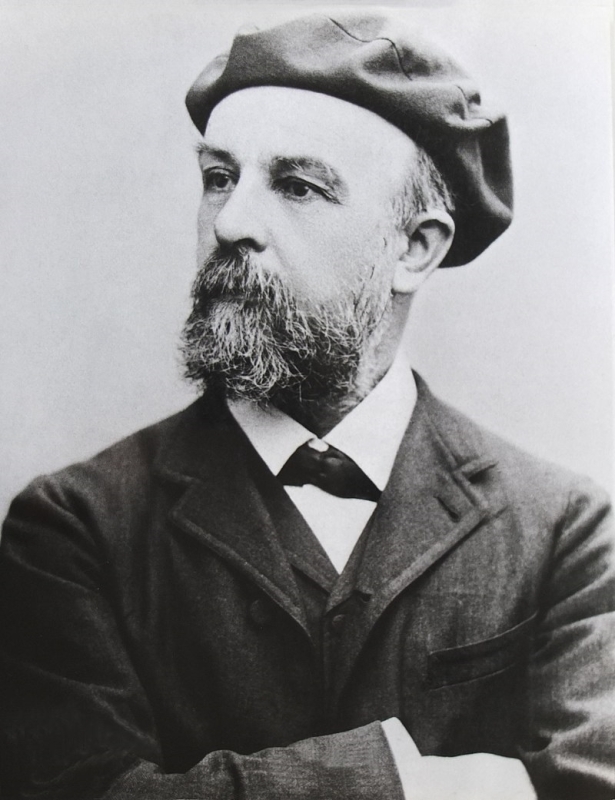
Fig. 1. Odilon Redon, 1880 (Wikipedia.org)
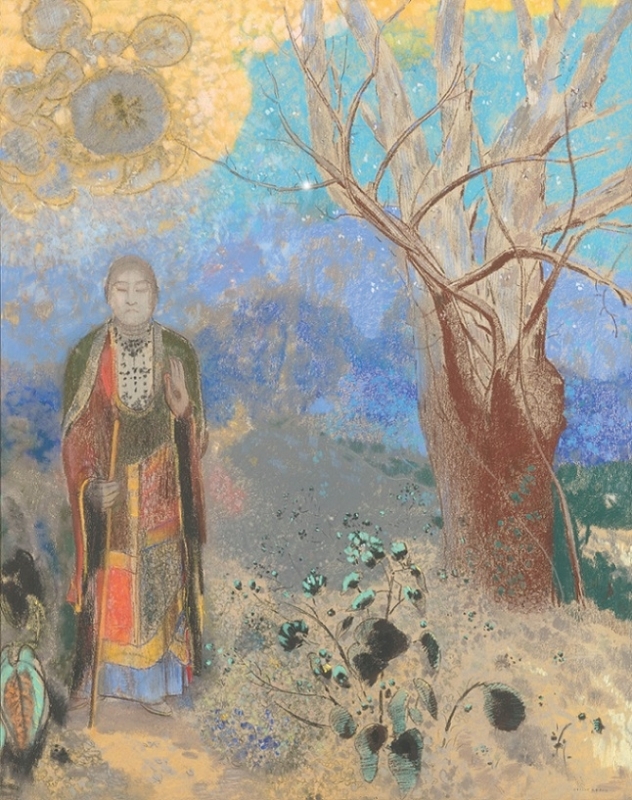
Fig. 2. Buddha (Wikipedia.org)
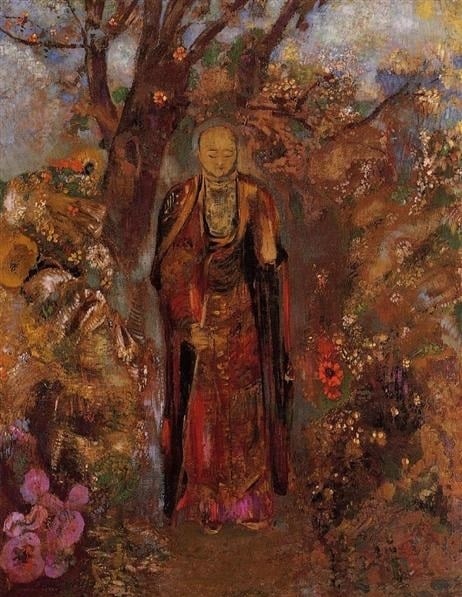
Fig. 3. Buddha Walking Among The Flowers, 1905 (wikiart.org)
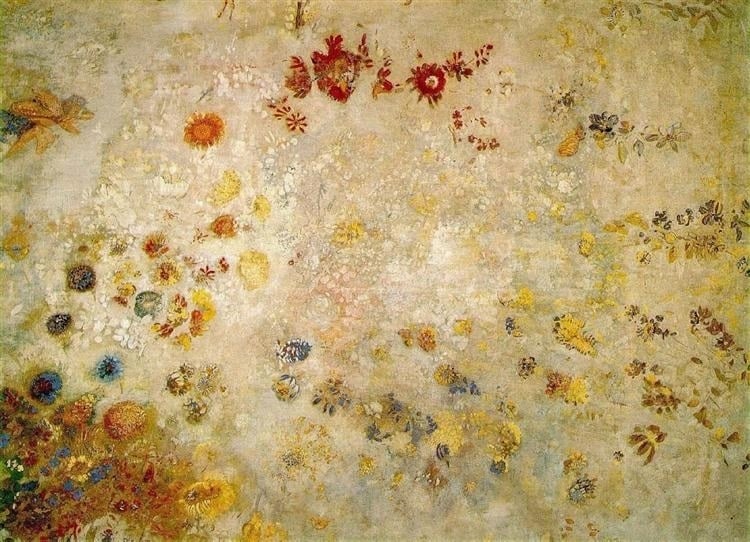
Fig. 4. Decorative Panel (wikiart.org)
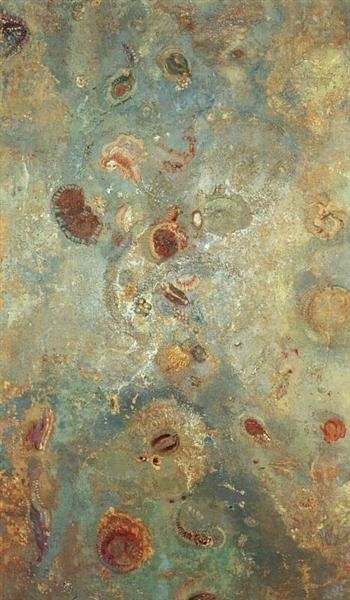
Fig. 5. Underwater Vision, 1910 (wikiart.org)
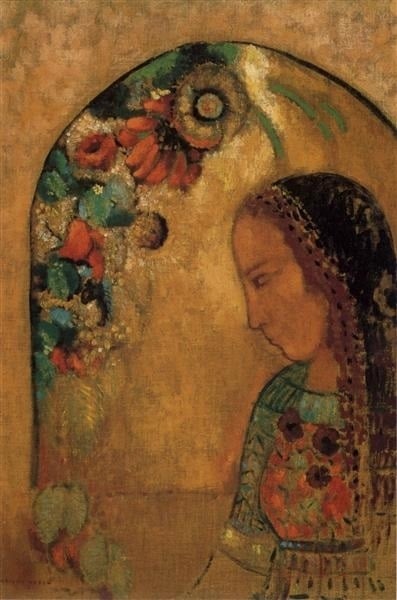
Fig. 6. Lady Of The Flowers (wikiart.org)
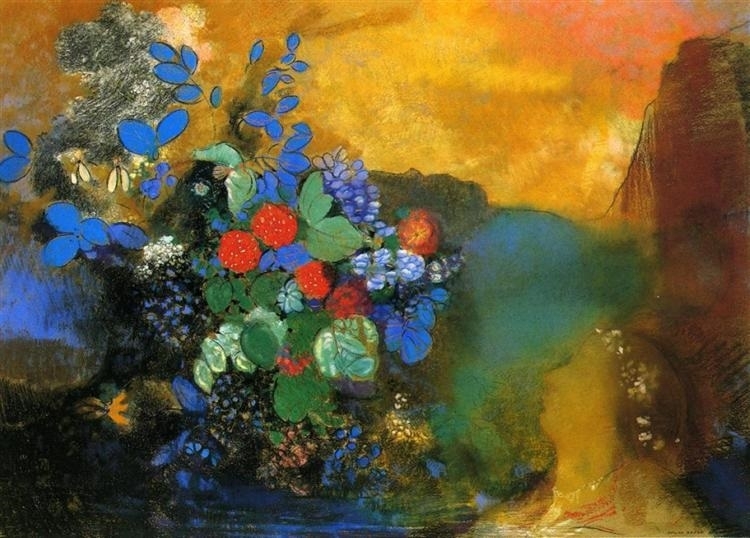
Fig. 7. Ophelia Among The Flowers, 1905 (wikiart.org)
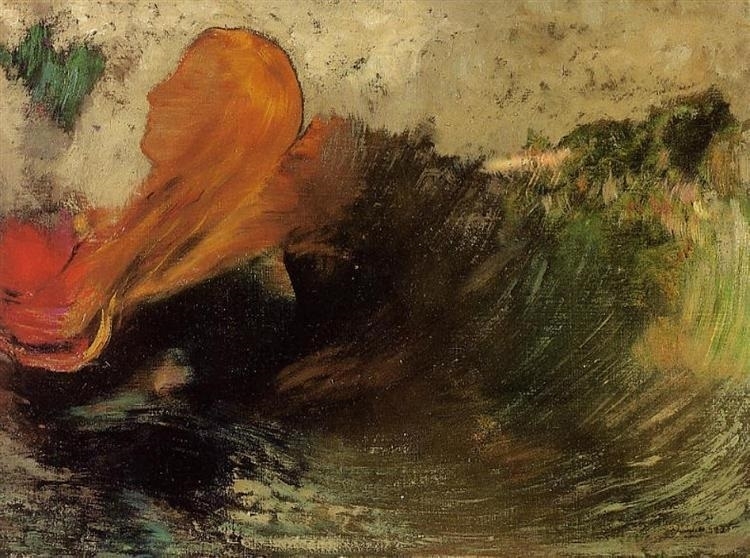
Fig. 8. The Death Of Ophelia, 1905 (wikiart.org)
Born Of Sickness And Delirium
Odilon originated from a wealthy family of a slave-trader. He showed his talent at an early age. Being ten years old, he won a drawing prize at school. His father wanted him to be an architect, but Odilon failed the exams at Paris' École des Beaux-Arts. Instead of Odilon, his brother Gaston would successfully fulfill the parent's wish. After the failure, Redon decided to take up sculpting but was recruited to military service during the Franco-Prussian war. When the war ended, the artist settled in Paris and started working in charcoal and lithography. His drawings "ushered in a very special type of the fantastic, one born of sickness and delirium," as described in the novel written by Huysmans.
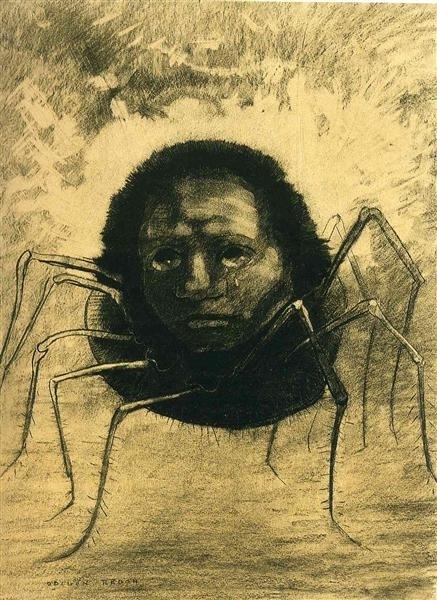
Fig. 9. The Crying Spider, 1881 (wikiart.org)
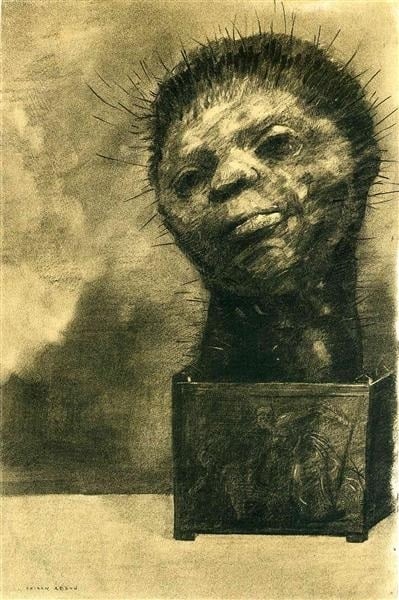
Fig. 10. Cactus Man, 1882 (wikiart.org)
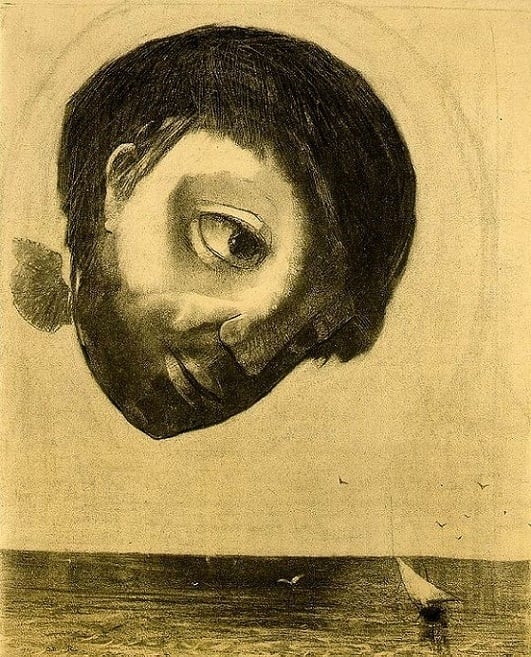
Fig. 11. Guardian Spirit of the Waters, 1878 (Wikipedia.org)
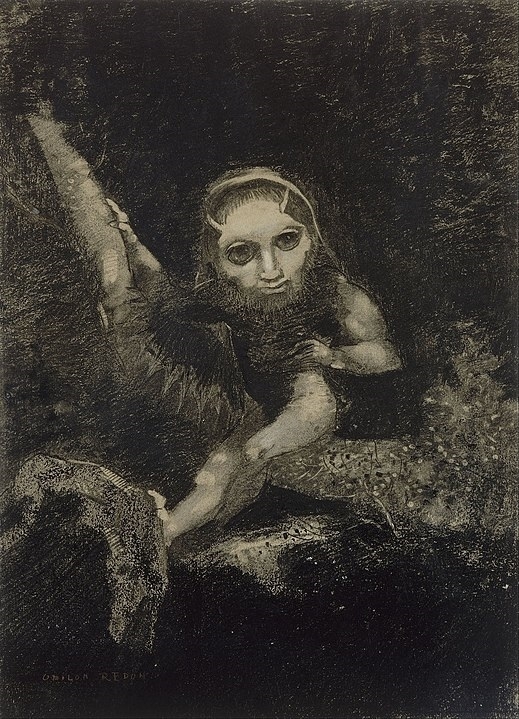
Fig. 12. Caliban (Wikipedia.org)
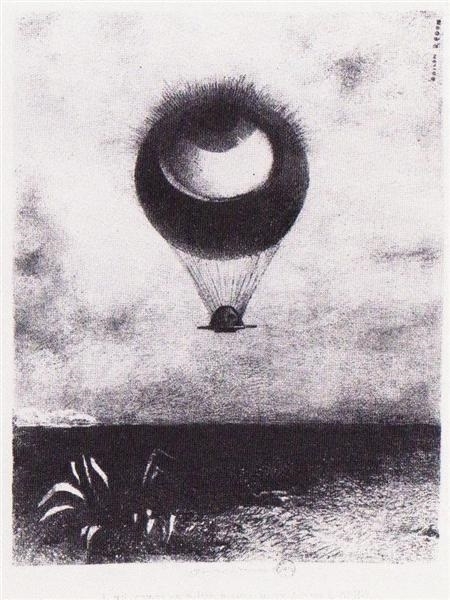
Fig. 13. The Eye Like A Strange Balloon Goes To Infinity, 1882 (wikiart.org)
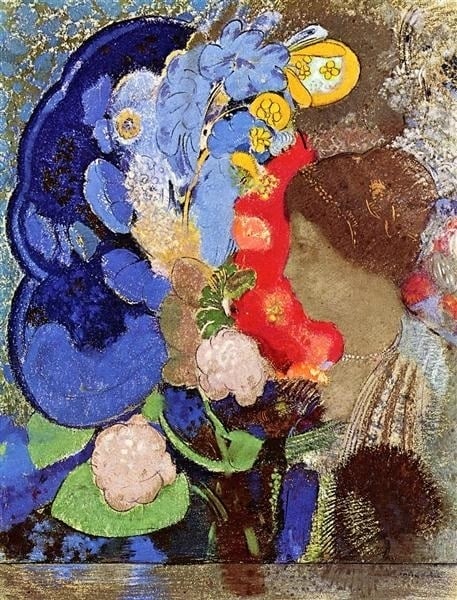
Fig. 14. Woman With Flowers, 1903 (wikiart.org)
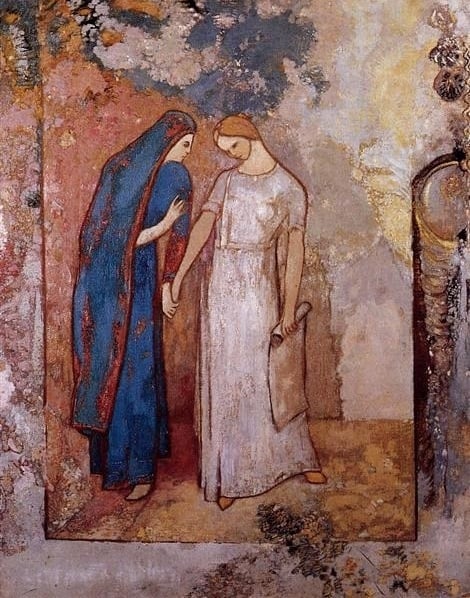
Fig. 15. Initiation To Study, 1905 (wikiart.org)
Reassured And Appeased
Both the lithograph noirs and colorful fractals of the 1900s evoke the feeling of a narcotic trip and embody the symbolist aspiration for non-mimetic art acquiring features of music. Human figures placed in bursts of color look like they're glued to the background in the modernist collage manner or painted right on the wall. The choice of colors and shapes may also remind you of the old icons. Redon is fairly regarded as a predecessor of avant-garde art not only because of his vivid visual musicality but also due to his ability to draw unexpected parallels like in his famous depiction of the eye-balloon that could be freely attributed, for instance, to Roland Topor. Like for any gifted artist, it wasn't enough for Redon just to imitate reality, so he invented his own visual language. As the artist said himself, "I have often, as an exercise and as a sustenance, painted before an object down to the smallest accidents of its visual appearance; but the day left me sad and with an unsatiated thirst. The next day I let the other source run, that of imagination, through the recollection of the forms and I was then reassured and appeased" (Wikipedia).
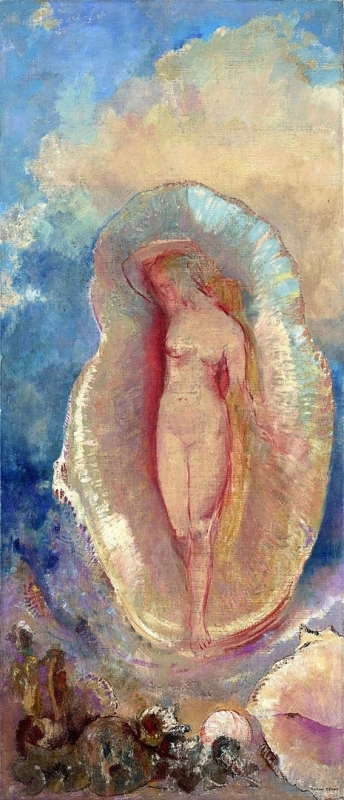
Fig. 16. The Birth Of Venus, 1912 (wikiart.org)
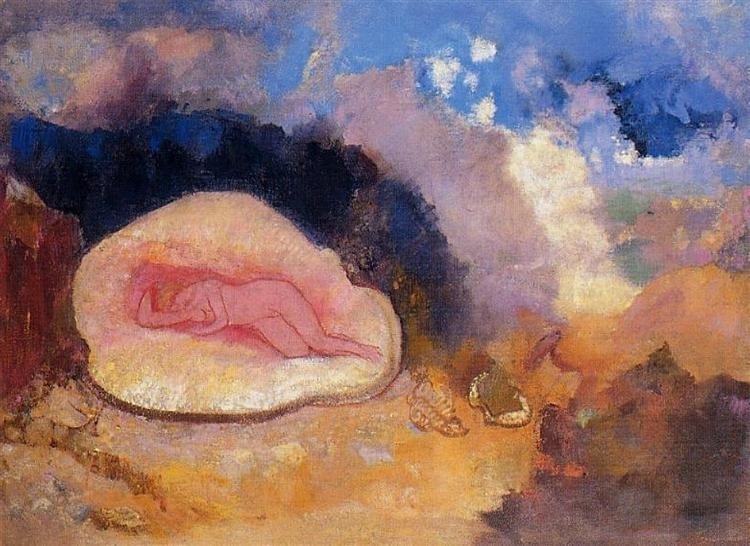
Fig. 17. The Birth Of Venus 2, 1912 (wikiart.org)
The Birth Of Venus
There are some recurring motifs in Redon's art, such as the figures of Ophelia or Buddha. The deity of love also reappears in the works of the artist. Redon produced several variations of the birth of Venus. Two of them belong to the best representations of this theme in world culture, we suppose. These two are Venus standing and lying with a shell in the background. The shape and color of the shells, together with the pink figure of the goddess, make the whole composition look similar to female genitalia. Moreover, as mentioned in the article on the platform DesignIsPlay, the shell looks like a nimbus or an almond-shaped aureole in the icons of Mary or Christ. According to the myth, Venus was born from the mixture of blood and semen of Uranus' severed phallus. In the painting of Redon, Venus emerges from a vulva-shaped shell, which may conceptually remind you of "The Origin Of The World" Courbet's oeuvre. Curiously, Redon created an iconic image that combines the figure of the goddess with an object it represents as the sign of Venus is used to define the female gender. Let's mention that the resemblance of an almond-like nimbus to the vulva was also exploited in the tradition of Shunga. For instance, in Utagawa Yoshikazu's piece, the figure of Buddha is depicted with an erected penis and a vulva instead of a nimbus above his head.
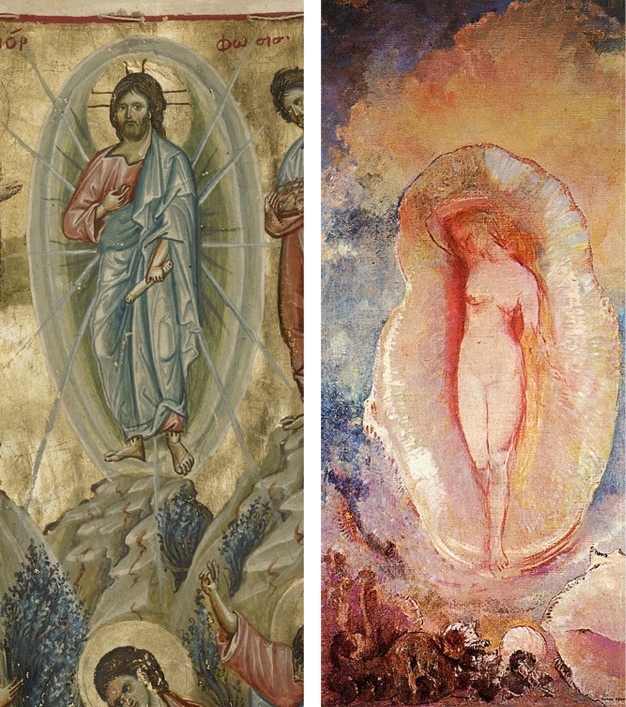
Fig. 18. Left: Detail from the 13th century Byzantine manuscript in the collection of the J. Paul Getty Museum, Los Angeles (the juxtaposition is taken from designisplay.com).
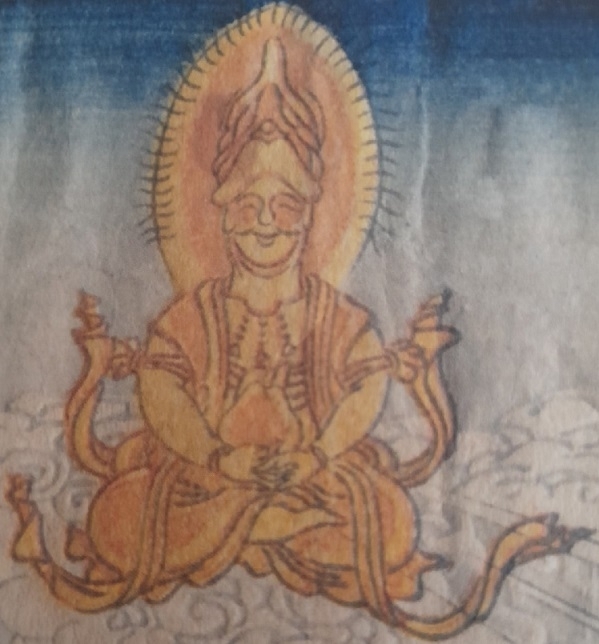
Fig. 19. Utagawa Yoshikazu “Shunjō iro no irekomi” series, 1849 (“Shunga. Explicit Art Of Japan”, 2016, p. 314).
Here’re other amazing examples of Redon’s sensuality:
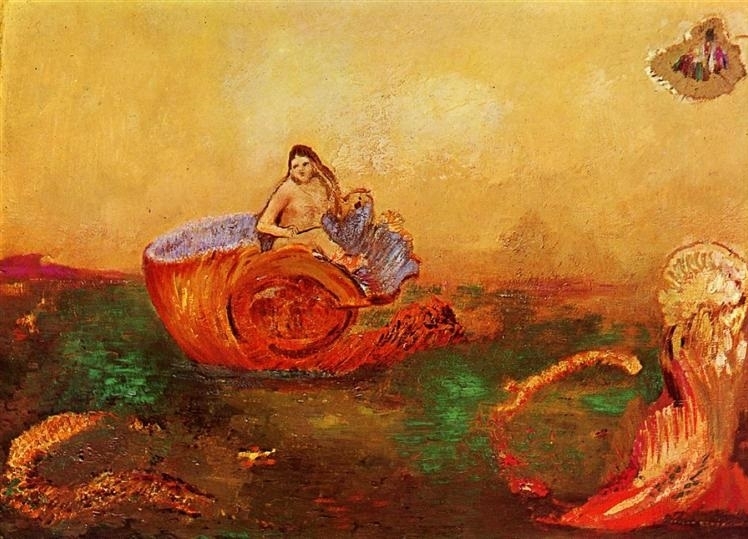
Fig. 20. The Birth Of Venus, 1912 (wikiart.org)
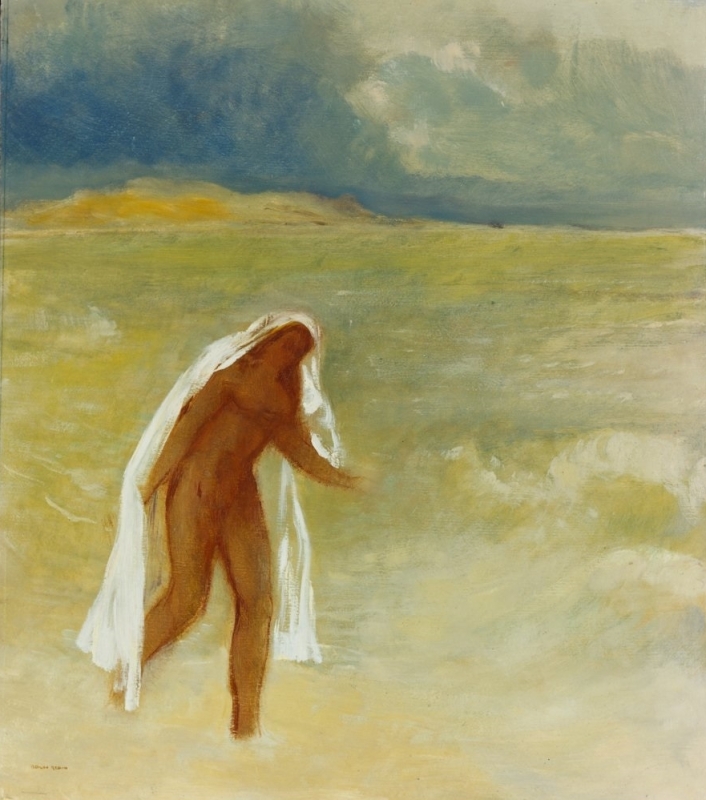
Fig. 21. The Birth Of Venus (sammlung.staedelmuseum.de)
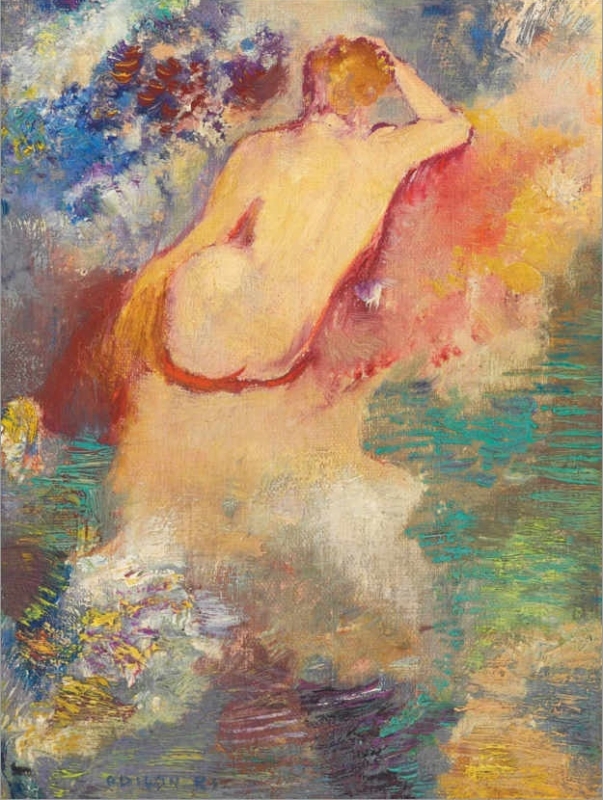
Fig. 22. The Birth Of Venus (posterlounge.no)
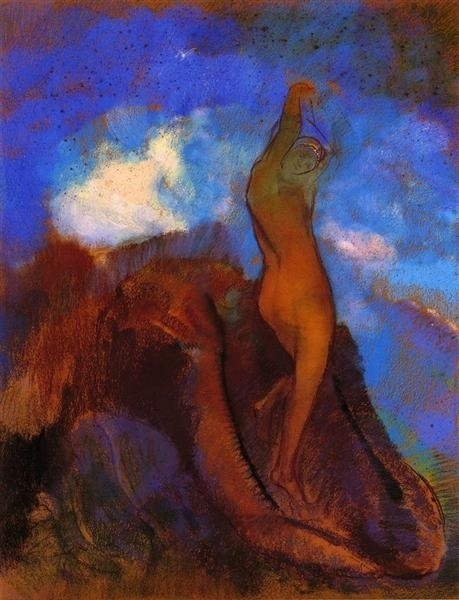
Fig. 23. The Birth Of Venus, 1912 (wikiart.org)
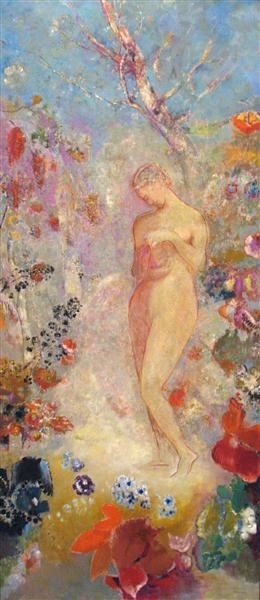
Fig. 24. Pandora (wikiart.org)
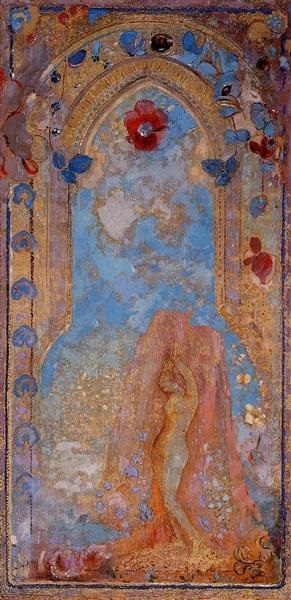
Fig. 25. Andromeda (wikiart.org) with a phallic arch in the background
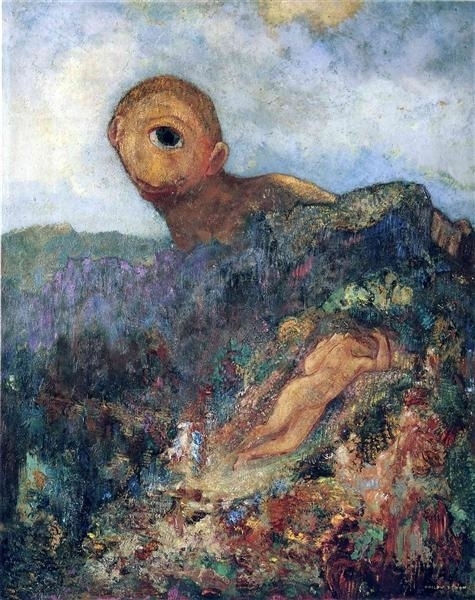
Fig. 26. The Cyclops, 1914 (wikiart.org). The Giant Polyphemus and the nymph Galatea with whom he fell in unrequited love.
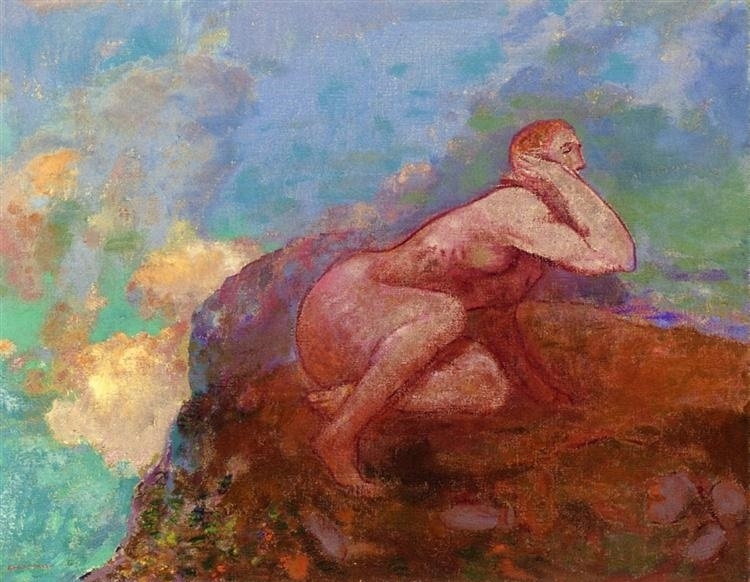
Fig. 27. Nude woman on the rocks (wikiart.org)
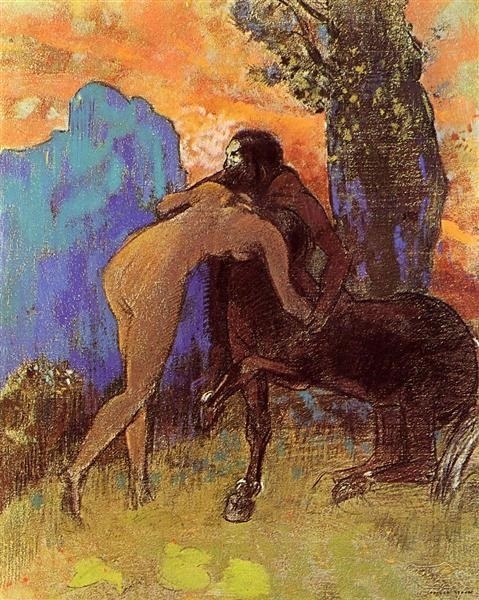
Fig. 28. Woman and a Centaur Struggling (wikiart.org)
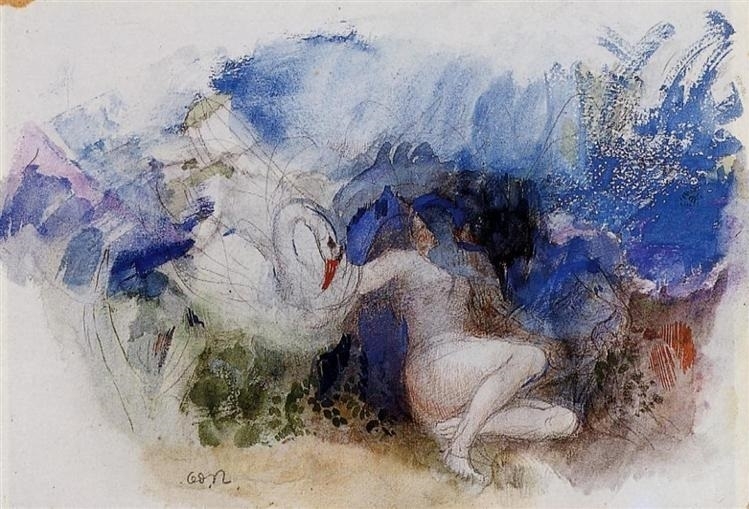
Fig. 29. Leda and the Swan (wikiart.org)
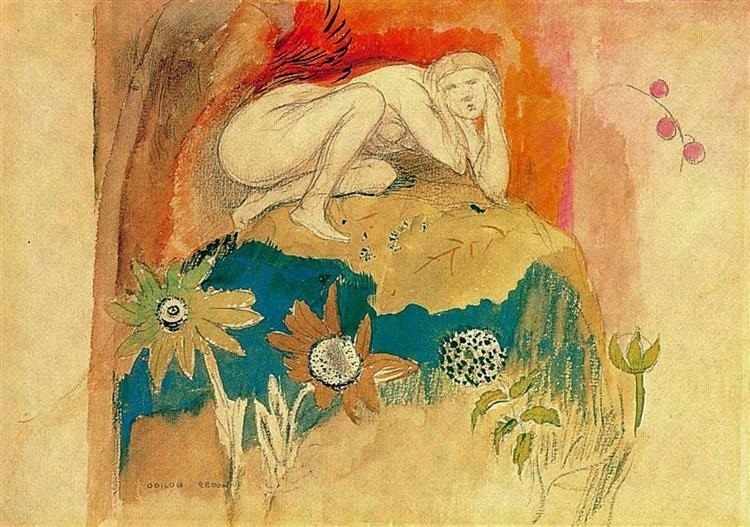
Fig. 30. Temptation (wikiart.org)
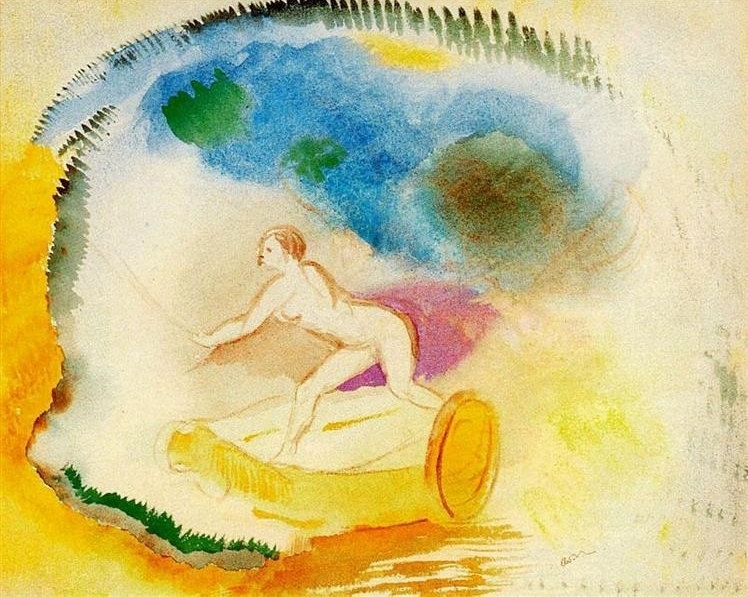
Fig. 31. Nude Woman On a Chariot (wikiart.org)
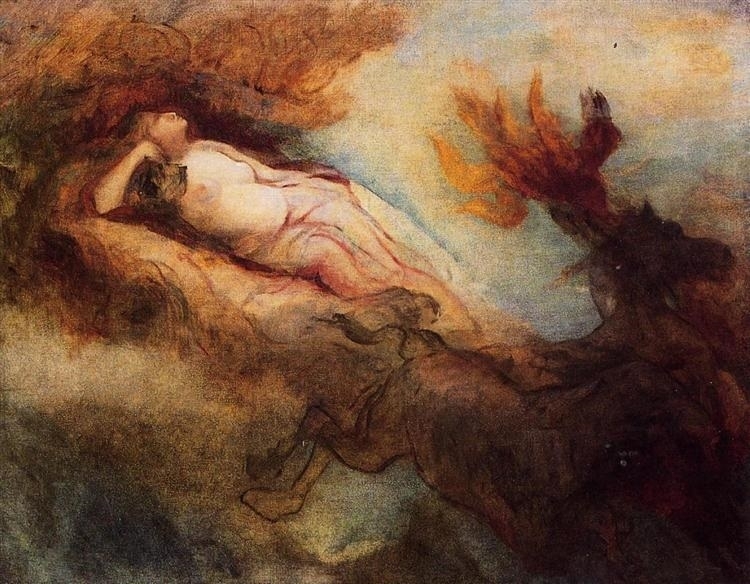
Fig. 32. Aurora (wikiart.org)
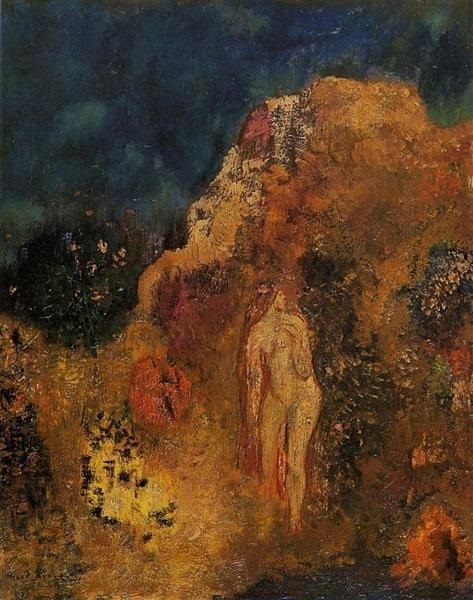
Fig. 33. Bathers, 1904 (wikiart.org)
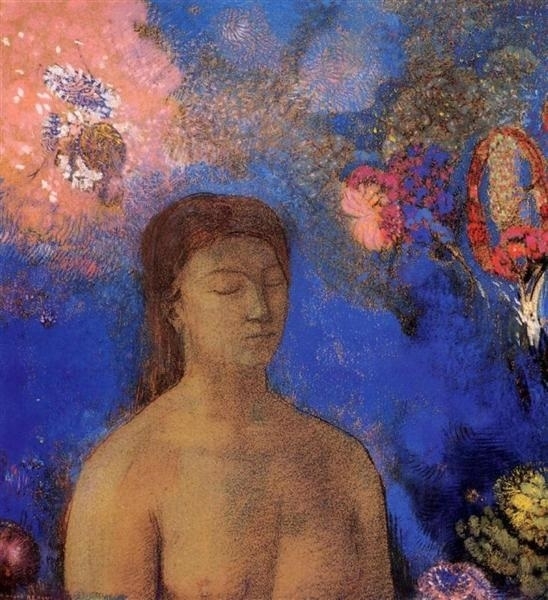
Fig. 34. Closed Eyes (wikiart.org)
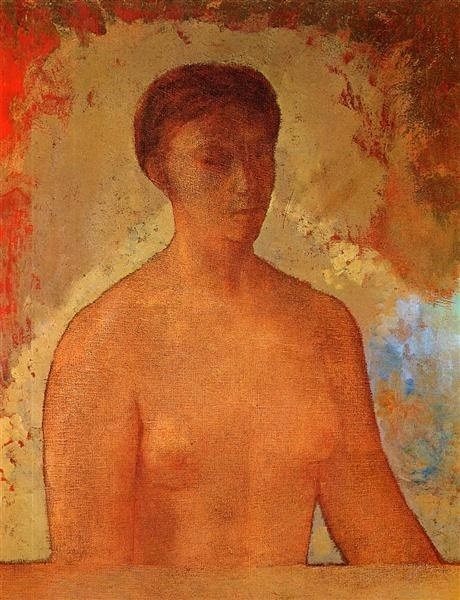
Fig. 35. Eve, 1904 (wikiart.org)
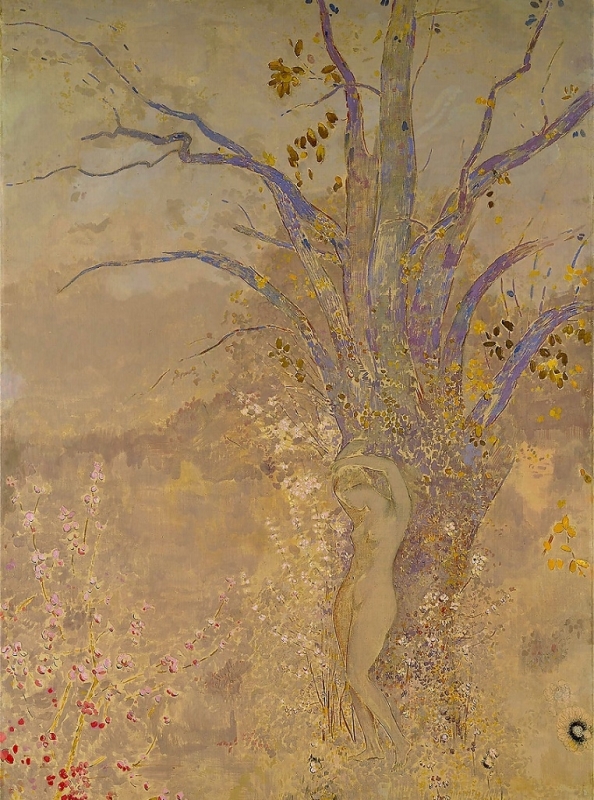
Fig.36. 'Spring ', 1910
Click HERE for the mythological eros and modern decay in the paintings of Franz von Stuck....!!
Sources: Wikipedia.org; wikiart.org; http://designisplay.com/odile-redons-the-birth-of-venus/; K. Danelya, A. Pushakova. Shunga. Explicit Art Of Japan. 2016
